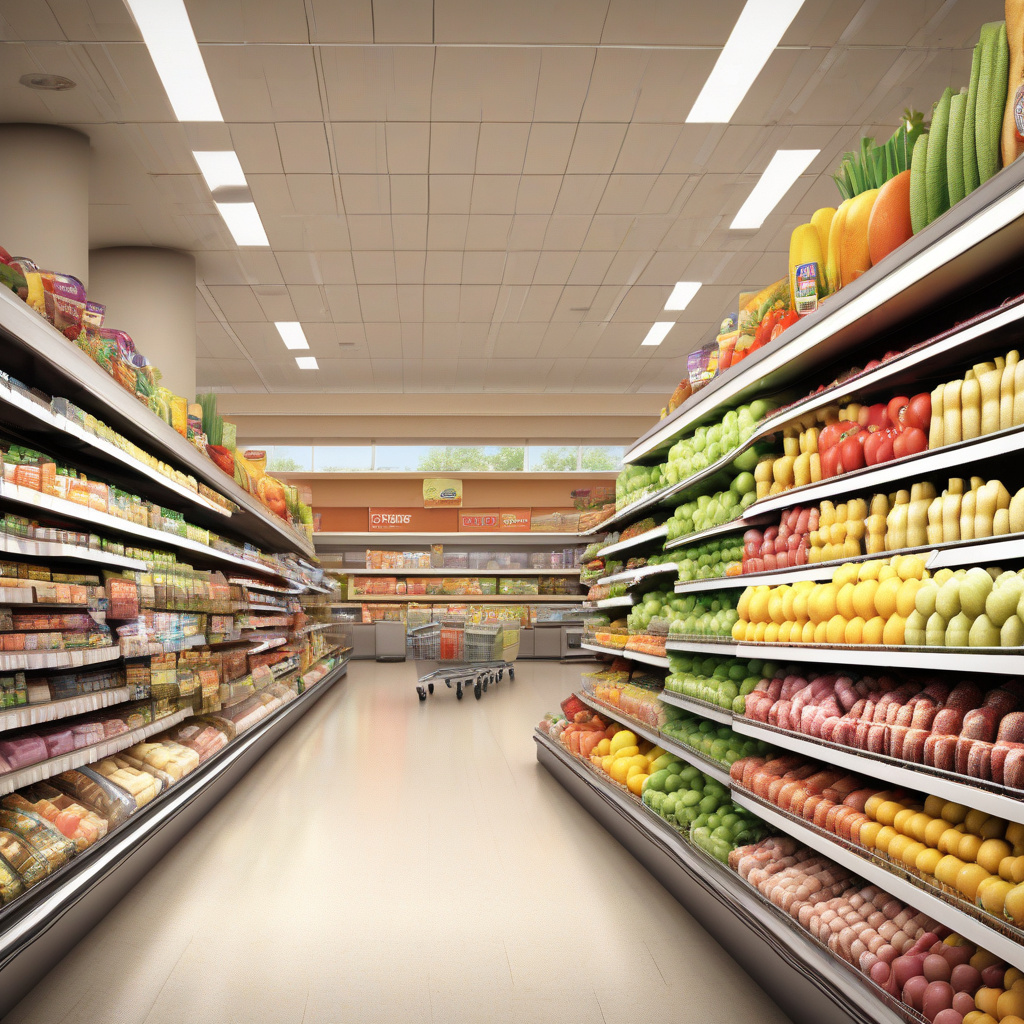FMI Highlights Key Trends Influencing Future of Food Shopping
In a rapidly evolving digital landscape, consumer behaviors and expectations are continuously shifting, particularly in the realm of food shopping. The Food Marketing Institute (FMI) recently shed light on key trends that are shaping the future of how consumers interact with food retailers. During a media briefing, the organization offered valuable insights into the ever-changing landscape of consumer attitudes and preferences.
One of the prominent trends highlighted by FMI is the growing preference for online grocery shopping. With the convenience of ordering groceries from the comfort of home and having them delivered right to their doorstep, more and more consumers are turning to online platforms to fulfill their food shopping needs. This shift has been further accelerated by the global pandemic, which prompted a surge in online grocery shopping as consumers sought safer ways to procure essential items.
However, the rise of online grocery shopping does not signal the demise of brick-and-mortar stores. FMI emphasized the importance of a seamless omnichannel experience, where consumers can seamlessly transition between online and offline shopping channels. Retailers that can effectively integrate their digital and physical storefronts to provide a cohesive shopping experience are poised to succeed in this new retail landscape.
Personalization emerged as another key trend in food shopping highlighted by FMI. Consumers are increasingly seeking personalized recommendations and tailored shopping experiences that cater to their individual preferences. Retailers that leverage data analytics and artificial intelligence to understand their customers’ behavior and preferences can offer personalized recommendations, promotions, and discounts that resonate with shoppers, ultimately driving conversion and loyalty.
Sustainability and ethical sourcing were also underscored as crucial considerations for modern consumers. With a heightened awareness of environmental issues and social responsibility, consumers are placing greater importance on the sustainability and ethical practices of the brands they support. Retailers that prioritize sustainability in their operations, from sourcing products ethically to reducing waste and carbon footprint, are likely to appeal to the eco-conscious consumer segment.
Furthermore, the role of technology in enhancing the food shopping experience was a key point of discussion during the FMI briefing. From AI-powered chatbots that assist customers with their inquiries to augmented reality applications that allow shoppers to visualize products in their own space, technology is revolutionizing the way consumers interact with food retailers. Embracing innovative technologies and digital solutions can help retailers stay ahead of the curve and meet the evolving needs of their tech-savvy customers.
In conclusion, the future of food shopping is being shaped by a confluence of factors, from the rise of online grocery shopping to the growing demand for personalized experiences and sustainable practices. Retailers that adapt to these key trends and prioritize the seamless integration of digital and physical channels, personalization, sustainability, and technology are well-positioned to thrive in the competitive landscape of modern food retail.
#FoodShopping, #ConsumerTrends, #DigitalRetail, #Sustainability, #OmnichannelExperience
